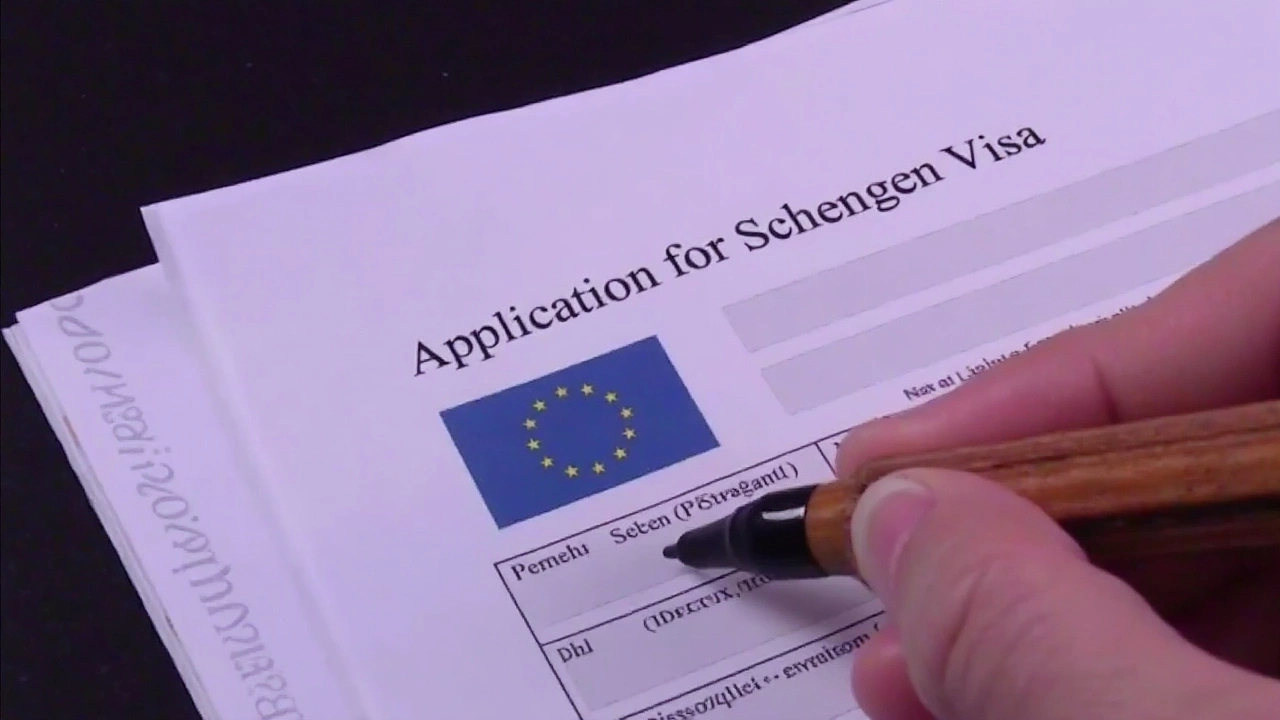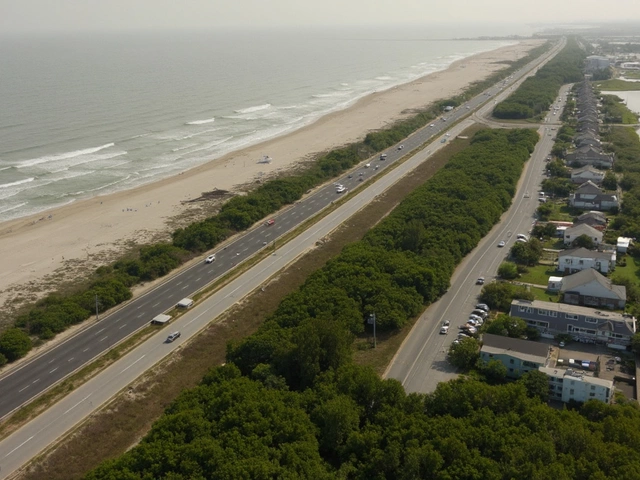Why Turkish Travelers Face Growing Schengen Visa Hurdles
Anyone in Turkey thinking about a European getaway is running into a wall. The Schengen visa process has become a bureaucratic maze, and rejection rates for Turkish applicants have rocketed. In 2023, out of more than 1 million applications, there were 169,514 rejections—a 16% failure rate. That’s not just high; it’s five times higher than Russia’s rejection rate, even though Russia is under heavy EU sanctions.
Wind back the clock to 2014 and things looked very different. The rejection rate for Turkish applicants was just 4.4%. But in less than a decade, it has quadrupled, with Turkey now trailing only Iran in the global rejection rate rankings. The reasons, on the surface, range from overworked EU consulates struggling with short staff, to Europe’s ongoing worries about illegal immigration and political tensions.

Blame Game: Staffing, Politics, and Lost Money
Turkish officials say this problem has less to do with individual travelers and more with systemic issues. Foreign Minister Hakan Fidan blames EU consulate staff shortages—offices in Istanbul and Ankara are buried in paperwork, unable to process the flood of applications post-pandemic. But few in Turkey buy that excuse completely. President Recep Tayyip Erdoğan calls the tough line on visas outright ‘political blackmail,’ insisting the EU is wielding visas as leverage in broader disputes.
This isn’t just about the frustration of rejected travelers. There’s real money on the line. Schengen visa applications aren’t cheap, and with so many denials, Turkish citizens have lost out on millions of euros in application fees and travel costs. The strict screening, according to EU officials, is partly a response to a spike in travel demand after COVID-19 and lingering anxieties about the region’s economic and security situation.
Despite agreements meant to make travel easier for Turkish citizens, the tension keeps climbing. Turkish officials keep pushing for the long-promised visa liberalization, which would give their citizens easier entry to Europe, but talks are stalled. The EU’s push for tighter screening highlights a deeper mistrust—over migration, regional instability, and stalled diplomatic progress.
No one’s expecting this to change overnight. For Turkish travelers, the message is clear: expect longer waits, more paperwork, and a much bigger risk of disappointment when applying for a Schengen visa.







Write a comment